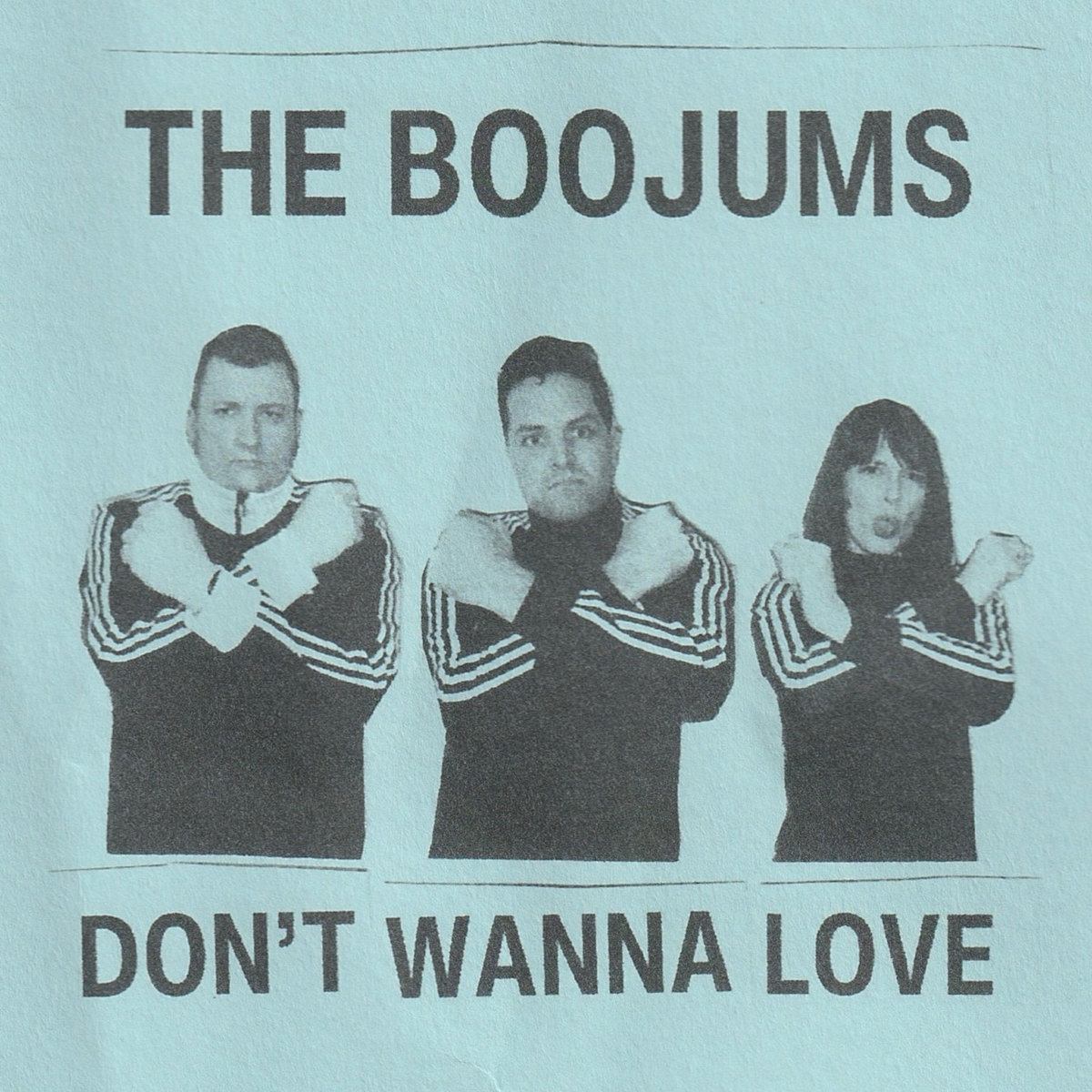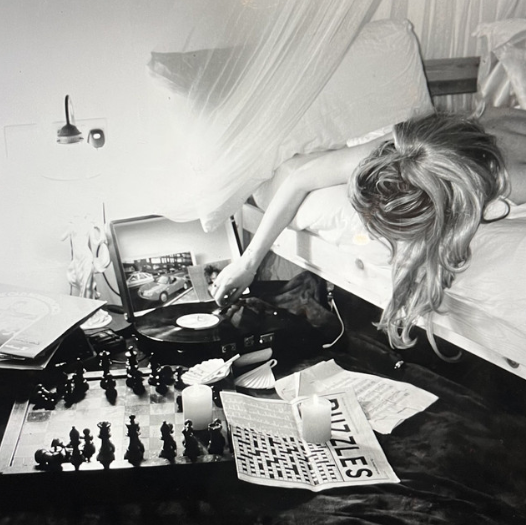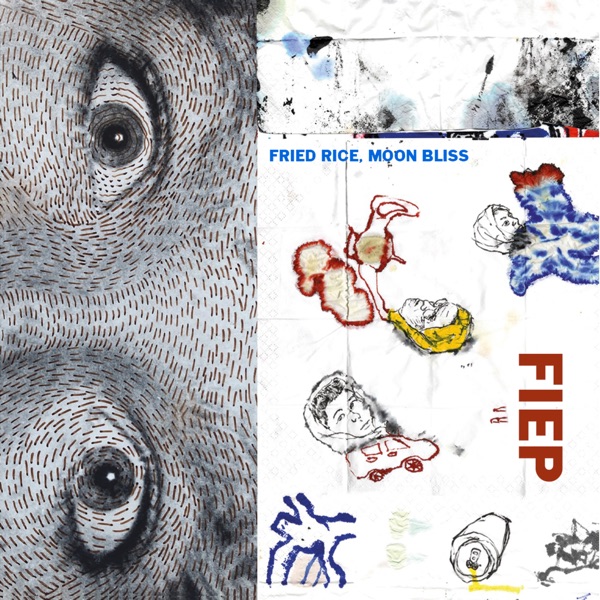Published last week, this report was prepared by four nonprofit groups — The Representation Project, Lift Our Voices, The Punk Rock Therapist and The Female Composer Safety League. It details how of the record labels and other media organizations responded — ignoring or dismissing the complaints and continuing to profit from the work of the abuser.
It’s a doozy. It’s no secret that the music industry is shitty for women, but it’s another thing to see the table of contents that’s two full pages long — just a list of names (almost all men), that link to a description of the alleged or documented acts of abuse. And it’s certainly not exhaustive.
The Executive Summary starts with this:
For decades, the music industry has condoned, perpetuated, and often marketed a culture of sexual abuse of women and underage girls. Thousands of artists, executives, and shareholders have made billions of dollars in profit — while engaging in and/or covering up criminal sexual behavior.
In the words of former BBC Radio DJ Annie Mcmanus:
“there is a ‘tidal wave’ of revelations about sexual assault in the music industry waiting to be told…the system is kind of rigged against women.”
A unique thing about this report is that it calls for action in unorthodox ways — not just through law enforcement and recent important changes to the criminal justice system, but using corporate and securities law, formal government investigation and regulation. Are corporations that cover for abusers committing securities fraud? The Matt Levine newsletter writes itself.
Research published in April 2021 in the Journal of Corporate Finance found that the stock price of companies facing a sexual harassment scandal decreased 1.5 percent in the next trading day, and there was a larger decrease when the scandal involved the CEO or if there was high media coverage of the firm’s scandal. For the “Big Three,” a 1.5 percent decrease in stock value would translate into a $1.8 billion drop for Sony, $800 million for UMG, and $277 million for WMG, based on their market caps as of January 2024.
Companies don’t change their ways unless there’s a financial incentive to do so. Only when the cost of supporting abusive artists is greater than the cost of cutting ties with them will things changes and this report is a step in that direction.
Lots of it is ugly reading, and it’s probably at least a good idea to look at the Table of Contents for any surprises.
When you’re done that, learn about and follow the orgs behind the report, and support them however you can.
Here they are again:
The Punk Rock Therapist
Lift our Voices
Female Composer Safety League
Miss Representation








